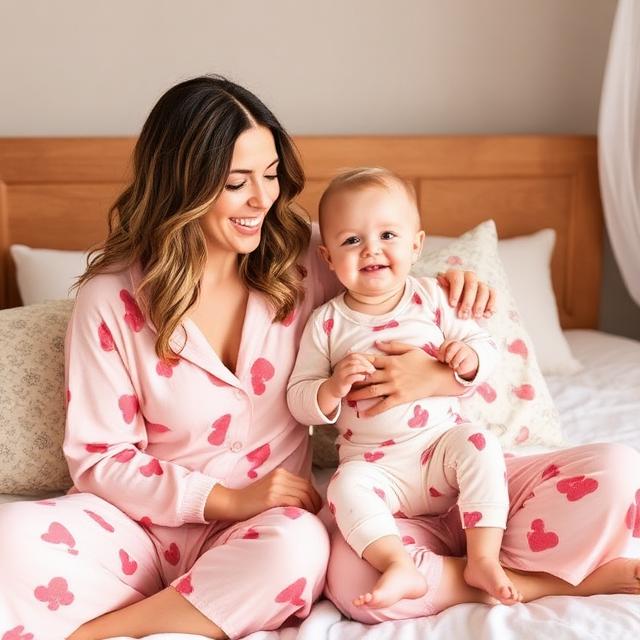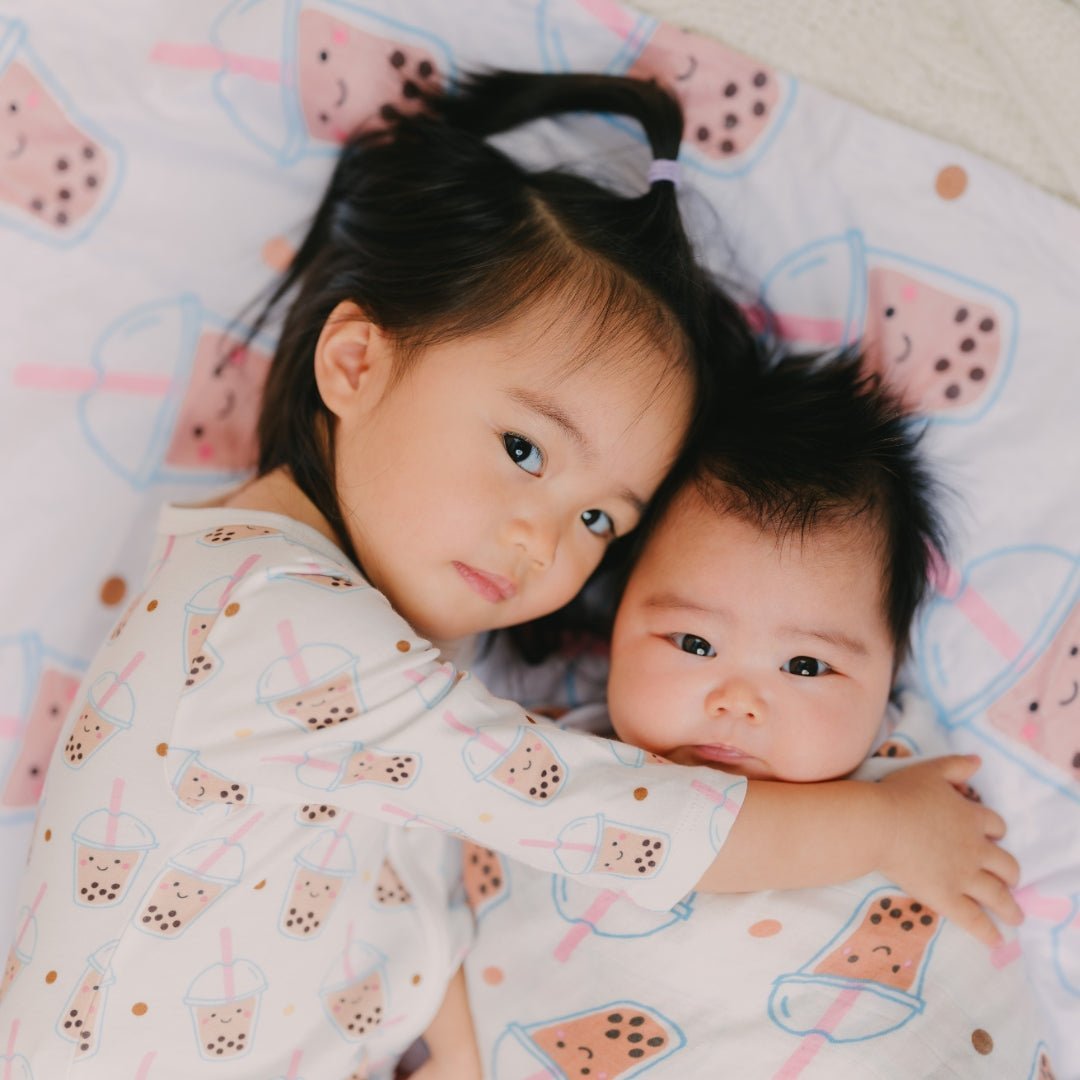Your Cart is Empty
Gift Sets
Categories

Organic Cotton: The Ideal Fabric for Babies with Sensitive Skin
by Adrian Ma October 27, 2023 3 min read
Welcoming a new baby into the world is one of the most joyous experiences for parents, but it also comes with its fair share of concerns – especially when it comes to your little one's sensitive skin. Many babies struggle with skin irritation, rashes, and even eczema, making it critical for new parents to find the best ways to keep their babies comfortable and healthy.
One of the crucial factors to consider is the type of fabric to use for your baby's clothing, bedding, and other accessories. In this article, we will focus on organic cotton – an eco-friendly, soft, and hypoallergenic material that could be the perfect choice for your baby's sensitive skin.
Why Organic Cotton is Better for the Environment
Organic cotton is a natural fiber that has been grown without the use of synthetic pesticides, insecticides, and fertilizers, making it a safer and healthier option for your little one's wardrobe. Conventional cotton farming relies heavily on chemicals that can cause harm to the environment, farmers, and consumers. By choosing organic cotton products, you're not only protecting your baby's skin but also making a sustainable choice and contributing to a healthier planet.
Better for Farmers and Workers
Organic cotton farming benefits not only the environment but also the people involved in its production. Conventional cotton cultivation is known for having a significant impact on the health and well-being of farmers and laborers exposed to harmful chemicals. These chemicals can also contaminate water supplies, causing widespread health issues in rural areas where cotton is grown.
By choosing to purchase organic cotton products, you're supporting an industry that prioritizes the health, safety, and well-being of its farmers and workers. Additionally, many organic cotton farms embrace fair labor practices, ensuring that those involved in the farming process receive fair wages and suitable working conditions.
Gentle on Baby's Sensitive Skin
Sensitive skin issues and eczema can make your baby feel uncomfortable and irritated. Organic cotton is hypoallergenic and known for its soft, gentle touch on the skin. With its natural fibers and breathability, it allows for better air circulation and reduces the chances of overheating and irritation. Moreover, it also has excellent moisture absorption properties, which can help prevent skin from becoming damp and causing additional discomfort.
When dressing your baby in organic cotton clothing, you can feel at ease knowing that you're providing them with the best possible protection against skin irritations, rashes, and allergies. These benefits extend to organic cotton bedding and accessories – consider investing in an organic cotton baby blanket, cot sheets, or cloth nappies for your little one's comfort.
Durable and Long-Lasting
Apart from its fantastic benefits for sensitive skin, organic cotton is also incredibly durable – something that parents of toddlers and newborns will appreciate. Baby clothes, bedding, and accessories go through a lot of wear and tear, as well as frequent washing. Organic cotton can withstand this sort of treatment and maintain its shape, color, and softness longer than other types of fabric.
This durability means that organic cotton products often have a longer lifespan than their conventional counterparts, resulting in better value for money for parents. Furthermore, due to their ability to maintain quality over time, organic cotton clothes and accessories can often be passed down to younger siblings or friends, minimizing waste and promoting a more sustainable approach to baby essentials.
How to Choose Organic Cotton Products for Your Baby
When shopping for organic cotton products for your baby, ensure that you're selecting items certified by a reputable organization, such as the Global Organic Textile Standard (GOTS) or the Soil Association. These certifications guarantee that the products meet strict guidelines for organic farming, textile processing, and environmental management.
Additionally, look for brands that have a commitment to sustainability and ethical practices. By supporting these companies, you're helping to promote a more conscious and responsible industry that benefits everyone involved – from the farmers to the consumers to the planet.
Conclusion
By choosing organic cotton for your baby's apparel, bedding, and accessories, you're making a conscious decision to prioritize their comfort, health, and well-being. The numerous benefits of organic cotton – from its gentle touch on sensitive skin to its durability, sustainability, and support for ethical farming practices – make it the ideal choice for discerning parents seeking the best for their little ones.
Ready to try organic cotton baby clothes for your sensitive-skinned baby? Browse our range of organic apparel and gifts at The Wee Bean now! Explore our collection and enjoy a happier, itch-free baby!
Leave a comment
Comments will be approved before showing up.
Also in Latest Blog Posts

New Year, New Mindset for 2026: Embracing Body Positivity in Motherhood
by Adrian Ma January 27, 2026 6 min read
Learn how to embrace body positivity after pregnancy with practical, research-backed strategies for postpartum mothers in 2026.

The Ultimate Guide to Buying Baby Clothes: How Much Does Your Baby Actually Need?
by Adrian Ma January 11, 2026 5 min read
Welcoming a new baby is one of life’s most joyful milestones, but it also brings a long list of decisions, especially when it comes to choosing baby clothes. New parents often find themselves wondering, How many baby clothes does a newborn really need? or Should I buy more newborn sizes or skip ahead to 0–3 months?
Recently viewed products
Sign up to get 15% OFF your first order
Sign up to get the latest on sales, new releases and more …

